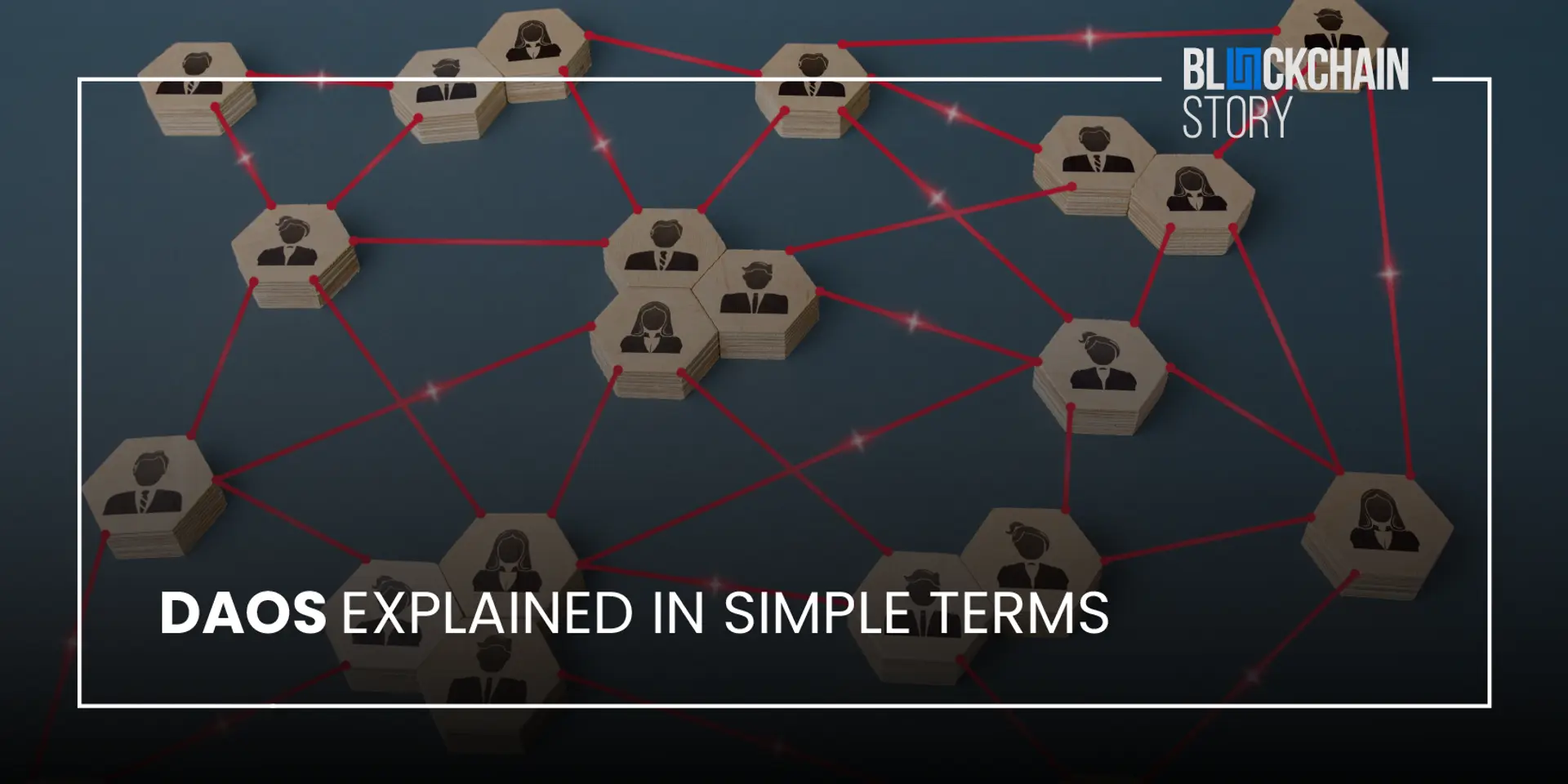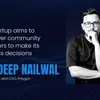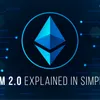What is a DAO? All you need to know about a Decentralised Autonomous Organisation
With the rise of blockchain technology, a new type of organisation has emerged, where the structure is open-source and the entity is operated entirely by its community. These are known as DAOs, or Decentralised Autonomous Organisations.
(It may help to read our explainer pieces on Blockchain and Ethereum to understand this article on DAOs better).
For centuries, decision-making across civilizations, governments, large corporations and startups has been centralised.
This means members of royal families, politicians, board members, and CEOs have held the power to make critical decisions that would impact communities, groups of employees, or the people they lead.
However, history has shown us time and again how banks, companies, government bodies, and other centralised institutions can fall prey to corruption, malpractice, leaks or hacks, server shutdowns, etc.
With the rise of blockchain technology, a new type of organisation has emerged, where these possibilities can be eliminated.
These are known as DAOs, or Decentralised Autonomous Organisations. In such entities, the structure is based on open-source code and it is operated entirely by its community.
Further, decisions are taken by communities of users or participants, and votes or actions are represented by some form of blockchain transaction.
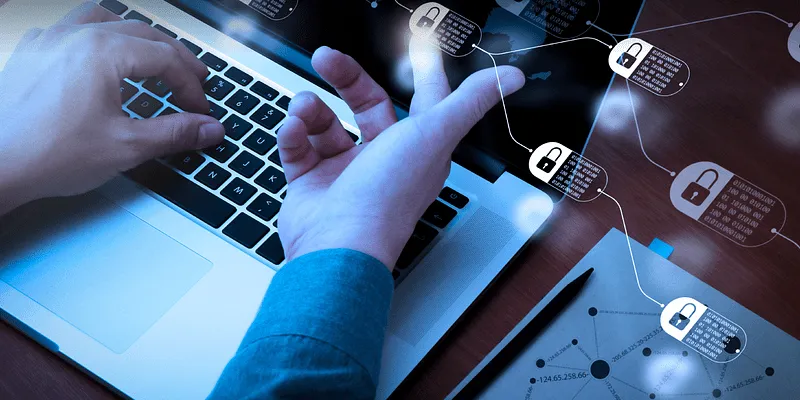
The DAO on Ethereum
To understand how DAOs have emerged, let’s look at an early example:
In 2016, an organisation known as “The DAO” was created on the Ethereum network, and used smart contracts that enabled it to act as an autonomous venture fund.
DAO tokens were sold in an Initial Coin Offering (ICO), and holders were given ownership and voting rights in the decentralised fund. However, due to vulnerabilities in the code base, a third of the funds were drained from The DAO in one of the largest hacks in crypto history.
Ethereum decided to split, or hard fork, into two chains — Ethereum and Ethereum Classic — and left the history of the fraudulent transactions on Ethereum Classic. The primary Ethereum network was left with no trace of the hack. The move effectively made The DAO defunct.
Now, interest in setting up new DAOs and implementing DAO features has rekindled, catalysed by improvements and developments in blockchain technology.
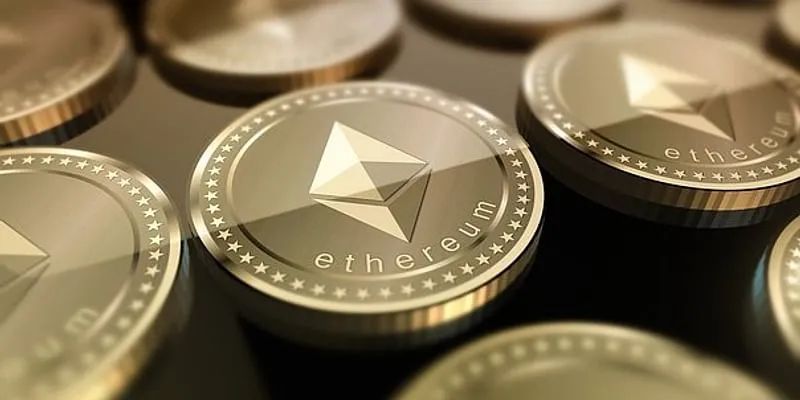
Implementing DAO features
Technocrats and builders in blockchain are once again exploring setting up organisations where the underlying structure and working mechanisms are not based on any hierarchical management.
Theoretically, these DAOs have no single entity in charge, no board of directors, and no centralised power ruling over it. Operations on a DAO’s network are conducted and governed by smart contracts and the collective work of its users and community members.
However, it is next to impossible for an existing, centralised entity to become a DAO overnight. It makes little sense for founders and business leaders to transfer power and voting rights of a company to its users at the click of a button.
Instead, an organisation can begin implementing DAO features for specific teams or departments, and then expand the DAO features to other areas. Some refer to the process as ‘progressive decentralisation.’

The Polygon DAO
Let’s take the case of Polygon (previously Matic Network), an Indian blockchain startup that was one of the first in the country to announce DAO features.
Since it was launched in 2017, its co-founders Jaynti Kanani, Sandeep Nailwal, Anurag Arjun, and Mihailo Bjelic made decisions, just like any other startup or enterprise.
If it wanted to build and launch a new version of a certain solution, its development team and co-founders took the decision together.
But when the Polygon DAO is implemented, its community will come together to decide and vote on whether to launch a new product or not, for example. Forming a DAO for Polygon’s decentralised finance (DeFi) ecosystem is "the next logical step" to aiding collaboration between blockchain-based systems, believe the founders.
“Let’s say a DAO has some funds, and there is a prospect for funding a group of developers who are building an application for analysing blocks. The community can come together to vote and allow this. Another example is such a community deciding that whoever uses their platform in the next six months receives a certain reward,” Sandeep told BlockchainStory in an earlier interview.
While Polygon’s DeFi ecosystem will have DAO features, the larger, overall part of decision-making at the startup will not immediately switch over to its community.
The co-founders want to retain their decision-making power for a few years before eventually handing it over to the community. Sandeep explains this is because network progress can become slow due to community-driven decision-making.
“We’ve seen some other projects with great communities endure slow decision-making in their DAOs. As multiple parties are involved, growth can be hampered. We want to preserve our agility and quick decision-making for some time, but beyond that, everything will be handed over to the community. We call it progressive decentralisation,” he said.
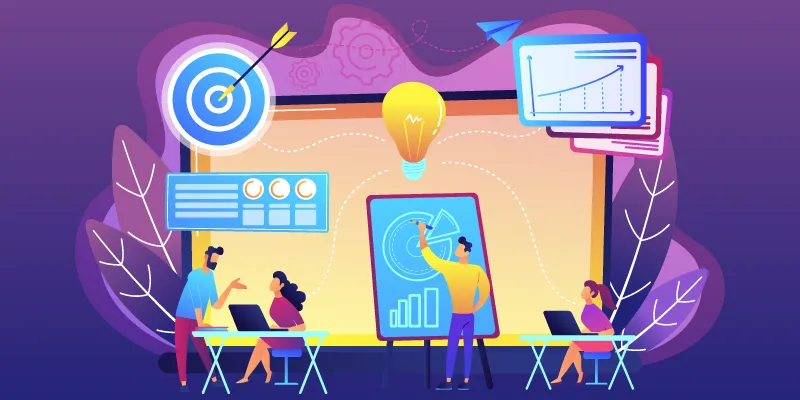
The way ahead for DAOs
DAOs allow organisations to break free from hierarchical structures and incentivise community members and contributors to lead companies using a user-first approach.
Further, automated governance rules may steer actions towards the most beneficial outcomes for the organisation.
DAOs, which are largely invulnerable to attacks, can also provide users a safe way to collaborate with internet strangers in a trustless manner, and a safe place to fund specific causes.
However, they still face legal uncertainty as regulatory frameworks for decentralised autonomous organisations are far and few in between. Further, speed of decision-making may be relatively lower in a DAO than in a centralised entity.
Edited by Saheli Sen Gupta


